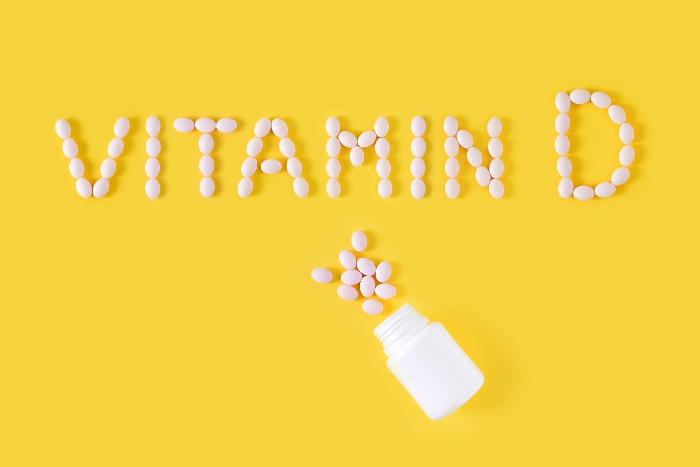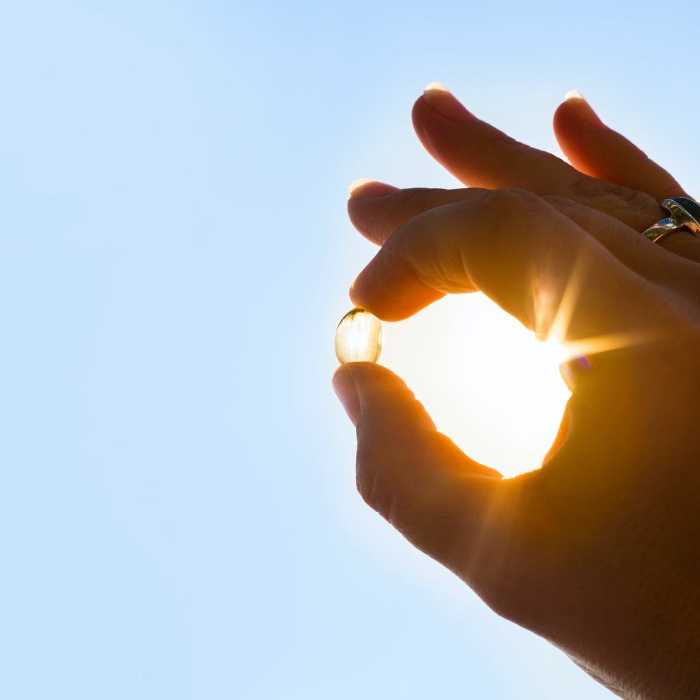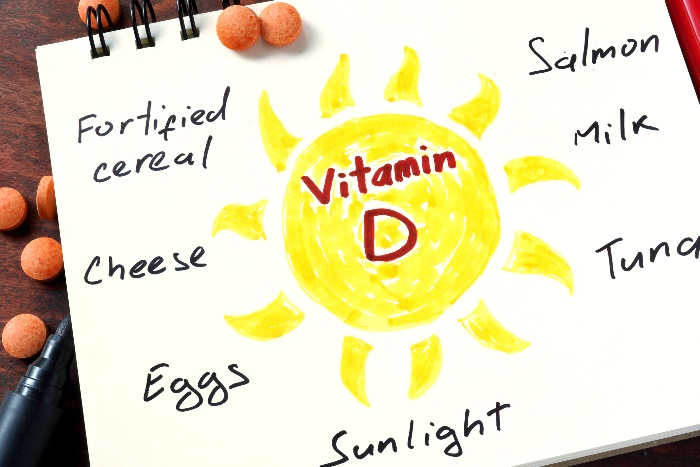Vitamin D is often called “the sun vitamin”. This is so because it is also a hormone that your human body can make from the sun.

Unfortunately, there are various factors that influence the skin’s ability to produce this vitamin, including season. In the winter months, the sun is oftentimes not strong enough. So, even if you would stay outdoors all day long, it would be hard to ensure adequate levels of vitamin D.

In this article, we want to explore signs of Vitamin D deficiency and how to deal with it.

Why You Need Vitamin D?
If we want to have strong bones, muscles and teeth, we need to take enough calcium. Most of us know that. However, it turns out that this vitamin affects our bodies’ ability to absorb calcium from the intestine.

If we have insufficient vitamin D, our bones can easily become brittle and prone to fracture. According to research, vitamin D is also important for reducing the risk of heart disease, stroke, cancer, diabetes, and autoimmune diseases.
What about vitamin D and the flu? Well, it turns out it increases the body’s ability to fight acute respiratory infection. Therefore, health officials emphasize the importance of taking supplements to support health during the COVID-19 pandemic.

Who Is At Risk Of Vitamin D Deficiency?
The daily recommended vitamin D dose is just 10 micrograms. That does not sound like a lot, right? However, there are various factors that can affect how your body absorbs vitamins.

First, if you have dark skin, then it most likely blocks UV rays quite effectively. Your body’s ability to get enough sunshine and vitamin D is also limited when you stay indoors or always use sunscreen.
Other groups at risk include elderly people, pregnant and breastfeeding women, as well as people with overweight or obesity. Also, you are likely to get low in this vitamin if you do not eat fish and dairy.

Are You Taking Enough Vitamin D?
Vitamin D deficiency can express itself as bone, back or muscle pain, as well as bone or hair loss. You may also be at risk if you often get sick and infected or if you experience impaired wound healing. Last, but not least, vitamin D insufficiency can cause depression, fatigue and tiredness, as well. If you have some of the most common symptoms of getting insufficient vitamin D, then consider testing your vitamin status with a blood test.

How To Get Vitamin D In Winter?
As you can see, the sun might not be a reliable source of vitamin D for everyone in the winter. This is why we want to suggest a few other ways in which you can boost your vitamin D levels.

First, this specific vitamin is not abundant in our most common food choices. However, you can get some from your diet. Foods that are high in it include oily fish (sardines, salmon herring), egg yolks, red meat, and liver. There are also some types of fat spreads and breakfast cereals that contain added vitamins. Another way of boosting your vitamin levels effectively includes using a UV lightbox regularly. Also, you can build the habit of taking a daily supplement of 10 micrograms vitamin D during the winter months.



























